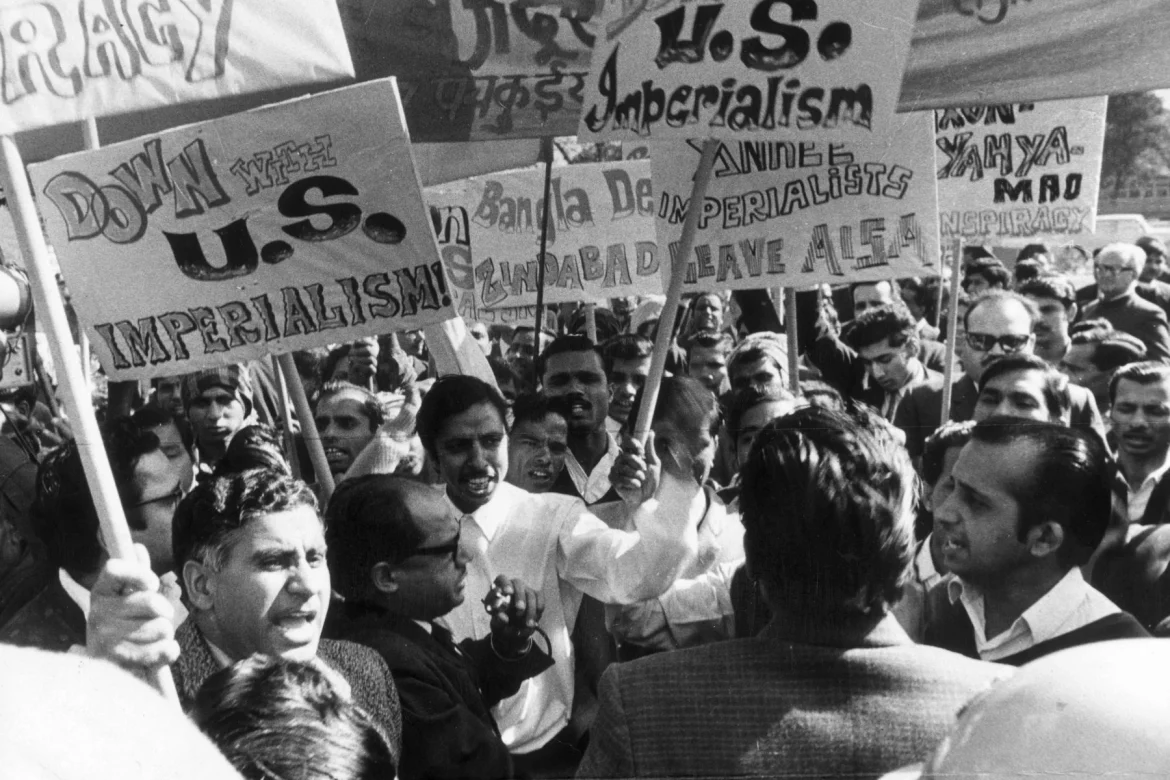Fundamentals indicate that the exploration and conceptualization of mismanagement oscillate around the relationship between state and society. This is what makes the analysis of mismanagement so fruitful, that it is located in the very vertebrae of reflections on contemporary state-society relationships. More precisely, the analysis of mismanagement pierces the underbelly of state/society relations: it is very naming necessarily indicates a challenge to the norm-setting primacy of the public sphere and the dominance of legal and civic rationalities in a classic Weberian sense. In this vein, it can be argued that structural factors, or the effects of privatization and pluralization of the public domain, are key to understanding corruption; or rather, corruption is key to understanding the fields of power and agency shaped by such structural factors. Simultaneously, the importance of social agency also shines through, inferred by the ‘subjective’ and the personalized ties that actors utilize and operationalize. And, not least, there seems to be a cultural dimension to corruption, particular value systems, and morals that underpin and legitimize ‘corrupt’ structures and social practices. A ‘culture of corruption’ may be on the surface a function of a bloated bureaucracy and greedy, self-serving public officials; but equally the social mechanisms and legitimizing processes of corrupt practices (and resistance) by the actors themselves, and their interaction with the systemic and structural factors are in need of illumination.
A final preliminary comment needs to be made at this point, namely the key importance of the state as an analytical reference point in the study of corruption. This is a very basic premise: only with the emergence modern state’s constitutive feature of a separated public (state) and private (society) sphere ‘corruption’ in the modern sense became conceivable: namely as an act or behavior which crosses the boundary between the public and the private in an illegal (or illegitimate) way. In short, corruption is a phenomenon of a functionally differentiated society. These boundaries, in particular, the separation of public office from private property were only fully formalized and institutionalized in most Western countries in the 20th century. In this sense (if not in a moral sense), the phenomenon and problematization of corruption are relatively new. Hence, when the phenomenon of corruption is explored, it is always, in a mediated or immediate sense, also state/society-relationships and specific patterns of interactions that are being analyzed: through the lens of corruption it is the ‘modern shadow business system’, its ideologies, its representations that are ultimately being analyzed.
Linked to this premise, there is a second facet that needs to be taken into consideration, namely that the study of corruption offers a highly revealing mirror into how business order is both organized and rendered intelligible by social actors: on the one hand, what structures and public institutions are seen to be legitimate and endowed with authority, on the other hand, what conceptions and images about business order are derived from, what are the referents of social struggles and articulations. As Olivier de Sardan categorically states, the “process of the business system-apparatus building during the twentieth century, a process that is far from being achieved, is obviously fundamental not only for the production of corruption itself but for the production of a cultural embeddedness of corruption” (Olivier de Sardan 1999: 26). An analysis of the production, structuration, and culture of state(hood) then moves to center stage—instead of understanding corruption as a practice or phenomenon signifying conflict, i.e. conflict between the formal and the informal, the public and the private, the analysis needs to follow iterated and institutionalized practices that are, socially or legally, deemed to be ‘corrupt’. In other words, what is of interest here are the incentives informing individual acts of corruption, or even the attributes of particular institutions, such as the legal framework, the judiciary, the political process, etc. that frame corrupt behavior.
“Corruption in the heyday of modernization theory was inevitably linked to or emerged from reflections on the conditions of development.”
Drawing on this understanding of corruption, the sociological question of corruption then becomes less one of individual or social deviance from the prevailing social, political or legal order. Rather, in an empirically more open way, the question becomes one of the social struggles about norms, power, and access to (material and symbolic) resources. Bringing these introductory remarks to an end, this approach draws a full circle to some of the first influential studies on corruption, which conceptualized corruption in terms of social change.
